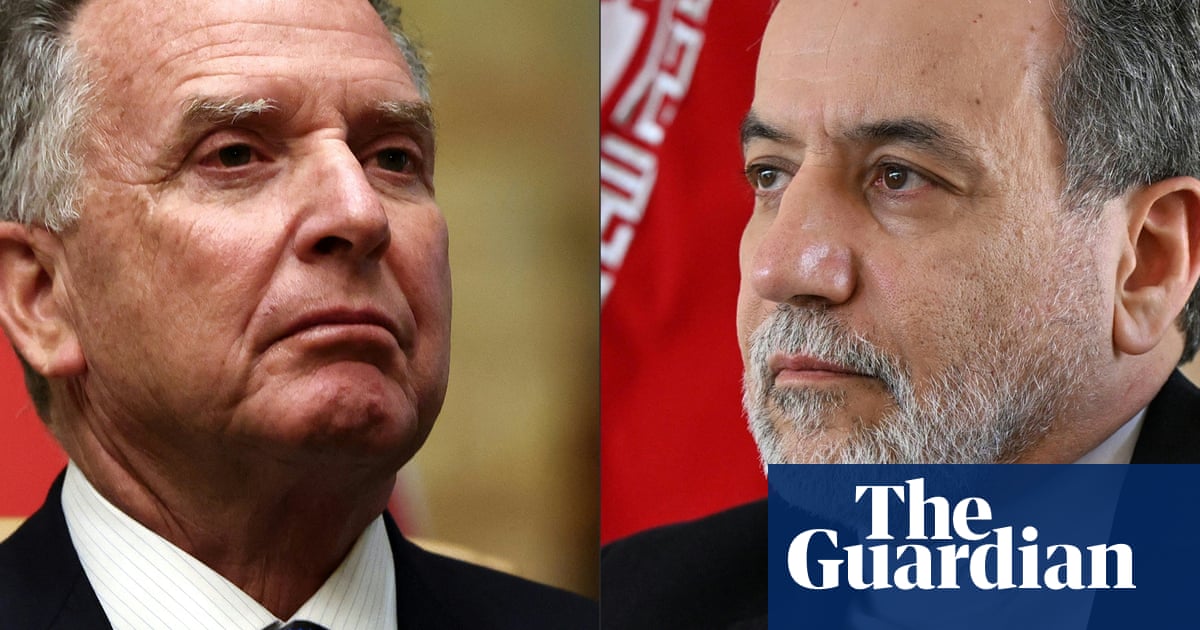Iran and the US have ended a fourth round of talks on a surprisingly upbeat note, despite the two sides appearing far apart on the central issue of a uranium enrichment programme on Iranian soil.
The talks in Muscat, Oman lasted four hours and were described as positive by the US side. The Iranian foreign ministry said the “talks had been difficult but detailed to better understand each side’s positions”.
Iran’s foreign minister, Abbas Araghchi, said: “We have moved away from general areas to a great extent and have gone into details. In such circumstances, negotiations have become more difficult.”
Sign up toFirst Thing
Our US morning briefing breaks down the key stories of the day, telling you what’s happening and why it matters
after newsletter promotion
Speaking before the talks started, Araghchi said Iran will not in any circumstances back down from its “right” to enrich uranium for energy. He added weapons of mass destruction have no place in Iran’s security doctrine.
One of the difficulties in the talks, he said, was the conflict between the US statements in and out of the negotiating room.
He added: “Iran may place restrictions on things such as its dimensions, size, level and amount in order to build trust, for example, in a period similar to the previous period” – a reference to the restrictions placed on the purity and stocks of Iran’s enriched uranium under the original nuclear deal signed in 2015.
Further talks were likely in a week, Araghchi said. US president Donald Trump quit the nuclear deal in 2018, and politically needs to show any new agreement places tight restrictions on Iran.
Ahead of the talks there had been fears of a breakdown as the US administration slowly gravitated towards adopting a harder public line. US special envoy Steve Witkoff implied the US would never allow Iran to benefit from the peaceful technology of uranium enrichment, saying all its technology must be dismantled and destroyed.
Israel remains in the background of the talks, repeatedly urging Trump not to trust Iran and instead end any ambiguity about the true purpose of Iran’s nuclear programme by destroying it altogether militarily.
Witkoff said on Friday: “An enrichment programme can never exist in the state of Iran again. That’s our red line. No enrichment.”
Araghchi called on the US side to stop making demands through the media, saying it made the negotiation process more complex.
The difficulty in the US position is that many other countries are allowed to enrich uranium domestically, while Israel has an undeclared nuclear programme. But the US argues Iran’s record of non-disclosure of its nuclear programme and high levels of enrichment make the Tehran regime a special case.
